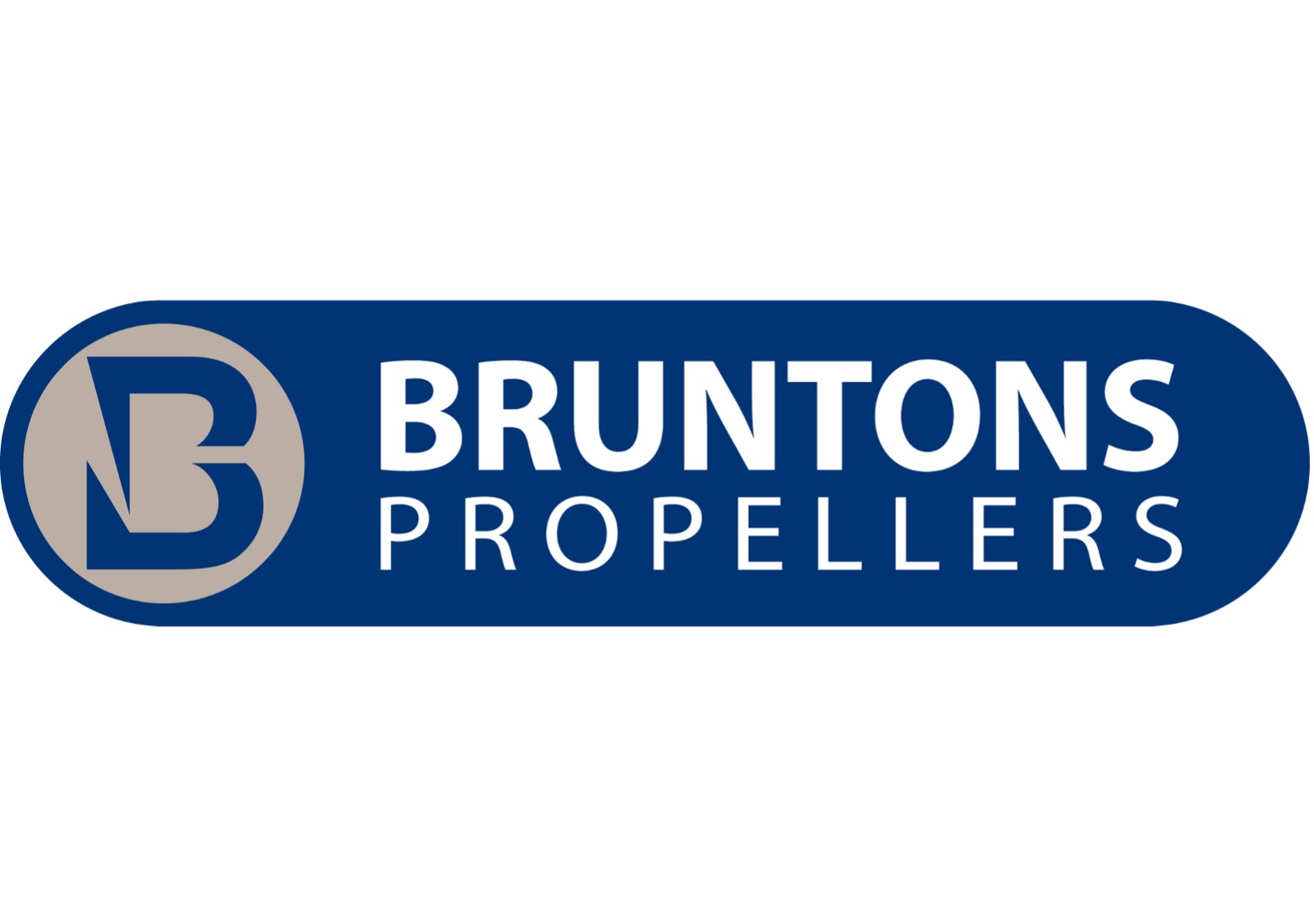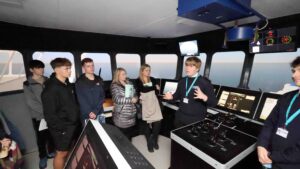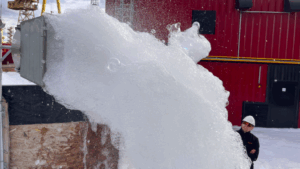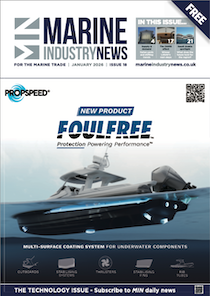World-first project in Plymouth to enable autonomous vessels to read navigational data
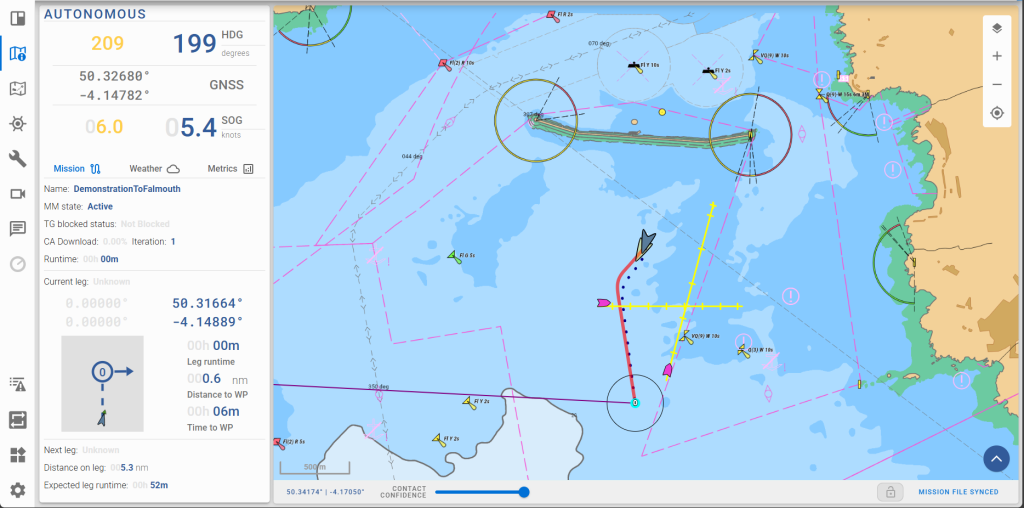
A research project has been launched in Plymouth to teach autonomous vessels to read and act on official navigation data.
The eight-month initiative, led jointly by the UK Hydrographic Office (UKHO) in Taunton and Plymouth-based Marine AI, aims to develop AI that is capable of interpreting Admiralty sailing directions and radio navigation warnings.
Such a project represents a world first in applying Large Language Models (LLMs) to process maritime navigation information for autonomous control systems.
The maritime autonomy software firm, Marine AI, will retrain its baseline LLM to translate unstructured, text-based navigational data into formats usable by its GuardianAI autonomy software suite. The goal is to enable Maritime Autonomous Surface Ships (MASS) to make safe, real-time operational decisions using the same authoritative information relied upon by professional mariners.
Currently, uncrewed vessels depend on humans to interpret navigation warnings and sailing guidance, much of which is distributed through legacy systems and written in natural nautical language. The project will address these challenges by using AI to convert this into structured data that can be integrated into autonomous decision-making systems.
In spring 2026, there is a planned on-water demonstration, when the ZeroUSVs Oceanus12 vessel, fitted with Marine AI’s GuardianAI suite, will navigate Plymouth’s waters using the newly developed capability. The trials will run alongside advanced simulation exercises and are expected to inform the International Hydrographic Organisation’s S-100 data framework – one that is underpinning the next generation of digital navigation standards.
Mark Casey, head of Research, Design and Innovation at the UKHO, comments: “Working with Marine AI allows us to push the boundaries of how autonomous systems can use official hydrographic information. The outcomes will not only support the safety of lives at sea but also feed directly into the development of the IHO’s S-100 framework, ensuring that UKHO data continues to set the global benchmark for safe navigation in both crewed and uncrewed vessels.”
Oliver Thompson, technical director at Marine AI, explains: “This is the first time anyone has attempted to process Admiralty Sailing Directions and Radio Navigation Warnings in a way that an autonomous control system can act upon. By proving this capability on the water, we are closing one of the biggest gaps in MASS autonomy and taking a major step toward safe, fully automated operations.”
Plymouth has become a national hub for autonomous maritime research, and this new project presents an opportunity to further strengthen its role as a testbed for MASS technology.

